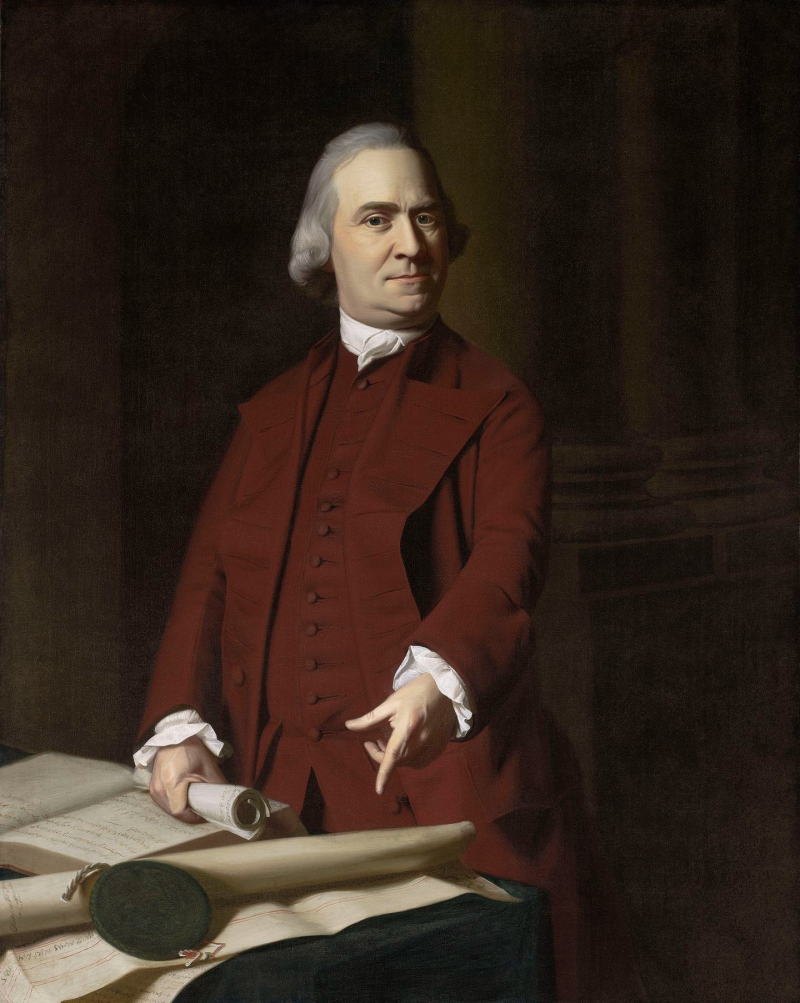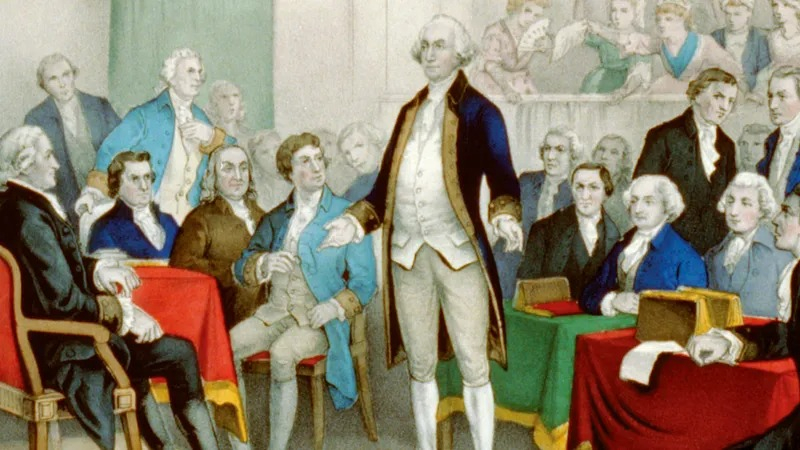Samuel Adams
Samuel Adams was an American statesman, political philosopher, and one of the Founding Fathers of the United States. He is one of the major leaders of the American Revolution and was chosen to serve in the Massachusetts assembly in 1764. The next year, the British Parliament approved the Stamp Act, which is the first direct tax on the colonies. Samuel Adams opposed the Act and was one of the first to reject taxation without representation. Additionally, he called his fellow Bostonians to oppose what he deemed to be the illegitimate actions of the British Parliament through his writing. The Tea Act, passed by the British Parliament in May 1773, authorized the East India Company to trade tea in the American colonies without having to pay taxes. By that time, Adams had taken over as the radicals' leader in Massachusetts, and he was primarily responsible for organizing the 1773 Boston Tea Party.
In the early years of the American Revolution, Samuel Adams played a significant role. He fought for total independence in the Continental Congress. He was an expert at planning demonstrations, and he also used his writing to advance the revolution's cause. Adams went on to hold the office of governor of Massachusetts from 1794 to 1797 after the United States gained its independence.












